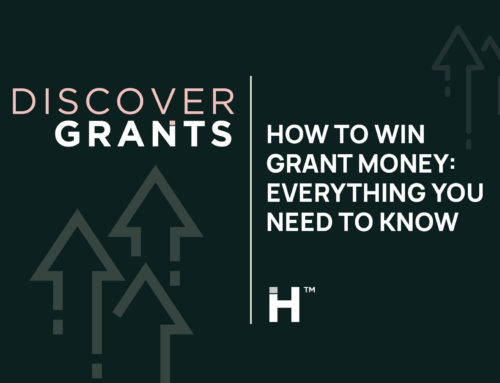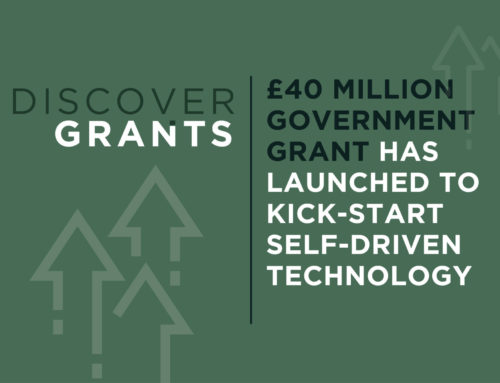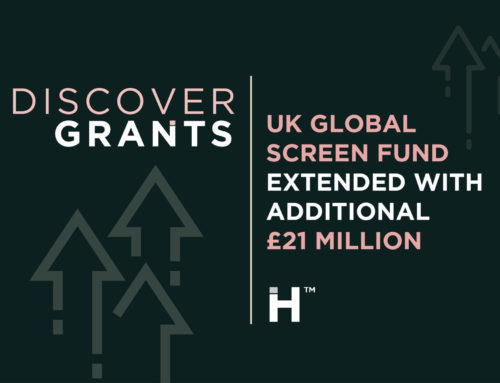UK space industry funding call for exploration technology
There has been a new £1.5million UK space industry funding call announced. The funding is to be used for space exploration technology and is run by the UK Space Agency Exploration programme.
The funding call is hoping to receive proposals for ideas such as the utilisation of resources beyond the Earth’s atmosphere. The government funding wants proposals that could include ideas to also develop:
- Technology that supports human and robotic exploration
- Space-based nuclear power
- Technologies to support potential future exploration missions
- Techniques for extracting mineral resources in space
The UK space industry funding invites the space sector to bid for up to £500,000 to boost technology. This technology will hopefully support and advance robotic and human exploration of Low Earth Orbit, the Moon, and Mars.
Sue Horne, Head of Space Exploration at the UK Space Agency, said:
“Exploration of Low Earth Orbit and our surrounding celestial neighbours delivers important breakthroughs that advance our understanding of the universe, opens up economic possibilities and make life better back on Earth.
“The UK has provided expertise and equipment to some of the most high-profile space missions of recent times. This funding will help our world-class space sector kickstart new technological successes, allowing us to explore our solar system further.”
What’s available?
The UK Space Agency will support a number of projects in the range of £50,000 – £300,000. Larger projects may be considered up to a maximum grant value of £500,000.
Acceptable activities are:
- Feasibility studies
- Experimental development
- Industrial research
- Technology improvement
How to apply
Proposals for the UK space industry funding should cover all application sections, which includes the following:
- Cover letter
- Application form
- Project summary
- Technical case
- Project deliverables/milestone payment plan
- Company or organisation background
- Organisation eligibility
- CVs
- Financial information
Awarded projects must start no later than the 1st November 2021 and must be fully completed by 31st March 2022.
Applications should be sent via email to the UK Space Agency, Space Exploration Team at SpaceExploration@ukspaceagency.gov.uk
Submission deadline: 31st August at 5pm GMT
FAQs
-
Can I resubmit a proposal that was rejected in a previous call?
Yes, you can for this UK space industry funding opportunity. Each proposal will go through the independent evaluation process when being considered for funding. They recommend that any feedback is taken into consideration.
-
Can a non-UK based organisation receive funding?
The UK must lead the consortium. A non-UK based organisation cannot receive national funding. The primary focus of the UK Space Agency is on the growth of the UK sector. If the proposed non-UK capability is essential, the work can be subcontracted out. However, the proposal must demonstrate clearly that this resource is not available in the UK.
-
Can the UK Space Agency provide advice about any type of collaboration/partnership programme that the Agency is promoting?
The Agency doesn’t promote any particular collaboration although collaboration, in essence, is encouraged in projects.
How Do I win U.K Space Agency funding?
Studying the winners
Taking time aside to study successful applications can be a godsend for your writing capabilities. Even if the successful proposal isn’t directly linked to your field of study, it’ll have winning features. These features can then be naturally implemented into your proposal. Ultimately, understanding what the winning proposals did will spur your growth as a grant writer.
Contacting the agency
It seems a little obvious, but contacting the relevant organisation (whether that’s NSTP or Horizon) can help define your aims. This could mean emailing, or calling, but either way, it means getting closer to the commission’s aims for the project. When you’re applying for UK Space Agency funding, they’ll certainly have contact points to answer applicants’ questions.
Sharpening up your writing
This could mean using one uniform font instead of many. Another method would be utilising the exact language that the applicants use in their grant. Essentially, it’s making your writing easier for the reviewer to read, as it may be their fourth proposal that day.
Preparing keywords
For the grant reviewer, they’ll be aware but not necessarily clued in on what you’re discussing. So, a list of keywords or a glossary can help alleviate their lack of knowledge. Using this will help broaden your audience and enable easier reading.
Proofreading
You’re applying to one of the most prestigious research organisations in the UK. It’s natural that they will want nothing but the best in terms of grammar. Alongside this, you’ll need to make sure that you’re reading the documents fully. A good idea is to take some time aside to digest the material covered in the documents.
Ultimately, getting the proposal peer-reviewed is essential for success. Without it, errors could slip through, and the reviewing board doesn’t appreciate grammatical inconsistencies. Also, don’t forget to avoid exceeding the word limit. A good rule of thumb is asking the proofreaders and reviewers to read the work as critically as they can. This way they’ll more closely resemble the grant commission and what they will be looking for. The closer you fit into the shoes of the assessor, the better.
Why is your grant important?
Balancing your claims for the impact of the proposal is vital for applying to UK Space Agency funding. If it’s too boastful, you could get swiped off the selection list for not being realistic in your aims. If your claim is undersized, it won’t stand up to the competition. Noting the assessor’s attention span after a day of reviewing content is important. If they’re unable to grasp your overarching aims within the proposal after 10 minutes of reading, you’ve failed. In a way, the reviewer is looking for a story of how you’ve provided the perfect solution to their problem.
Qualifications and accreditations
To even start thinking about writing a grant proposal for UK Space Agency funding, you need to consider one thing:
Are you fully qualified for the grant?
The space agency is strict with its distribution of funds, so knowing whether you fit the qualifications is vital. If you can’t, then it’s a real blow to your potential in attaining that funding. You’ll only be wasting your time and the agencies time, as your competition will certainly be qualified. Ultimately, it’s imperative to check out what requirements they need for the project.
Get your references right
Nothing turns a reviewer off quicker than outdated or irrelevant references. You need to prove your knowledge, and one of the best ways to do this is through your references. Too often, grant proposals will have old references, which don’t help in reassuring the reviewer. Irrelevant of whether you’re applying for UK Space Agency funding or any other organisation, they’ll require accurate references.
Understanding the power in tables, graphs, and diagrams
The UK space agency states that it requires “financial tables with project outcomes and future development.”
Because of this, you need to tailor your financial tables to the best of your ability. You need to make sure you are answering the questions of the grant commission directly. A good selection of data can help communicate your aims perfectly.
The power of feedback
So, you’ve had the proposal back and unfortunately, you weren’t successful. Now is the time to be proactive! Get into contact with the grant commission. What is it about your proposal that didn’t click with them? Why didn’t the proposal win? The only way you’ll know is through asking. Scientific grants can be difficult to win, so take the time to review your work objectively and apply the feedback. The more feedback you take on board, the closer you’ll be to that next win.
Give yourself time!
This is one of the most important tips. The proposals for any project around UK Space Agency funding will be well polished and highly proofread. It stands to reason that you need to do the same to be considered. What this means is that you need to allow time for re-writes and proofreads.
A realistic evaluation of the costs
As mentioned above, UK Space Agency funding can be stringent with resources. So, providing an exact outline of costs is vital to winning their approval. This can mean a business plan or a cash flow analysis. Including controls and financial safeguards can reassure the grant commission of your economic competence. Producing your organisation’s annual income and expenditure will only further prove this.
Tie in your previous work
It goes without saying, but if your experience doesn’t line up with the project, you’ll be hindered in your proposal. You’ll need to provide evidence of working on projects similar to your current one. Granted, if it’s your first time applying for UK Space Agency funding this can be difficult. But the closer your experience is to the project, the better.
Our Services
Our Grant Writing Service is for businesses who want to start applying for grants, but don’t know where to begin. If you don’t have the resources or the time in-house to write a winning grant – we can help.
Our Grant Writing Consultants have over 60 years of experience in bidding for funding and grants. From grants for charities, start-up business grants and council business grants. They can take care of the whole thing for you – they’ll even submit it on your behalf.
Get in touch to find out how we can help your business grow!
You can find grants on our Business Grant Tracker. Currently, we have over 1,700 live business grant and funding opportunities. Our team have manually tracked 1,500+ data streams searching for business grant opportunities. Each one is then uploaded to one central system, streamlining the process.
All you need to do to gain access is sign up for free.
Find more helpful tips and advice in our blogs. We cover topics including:





